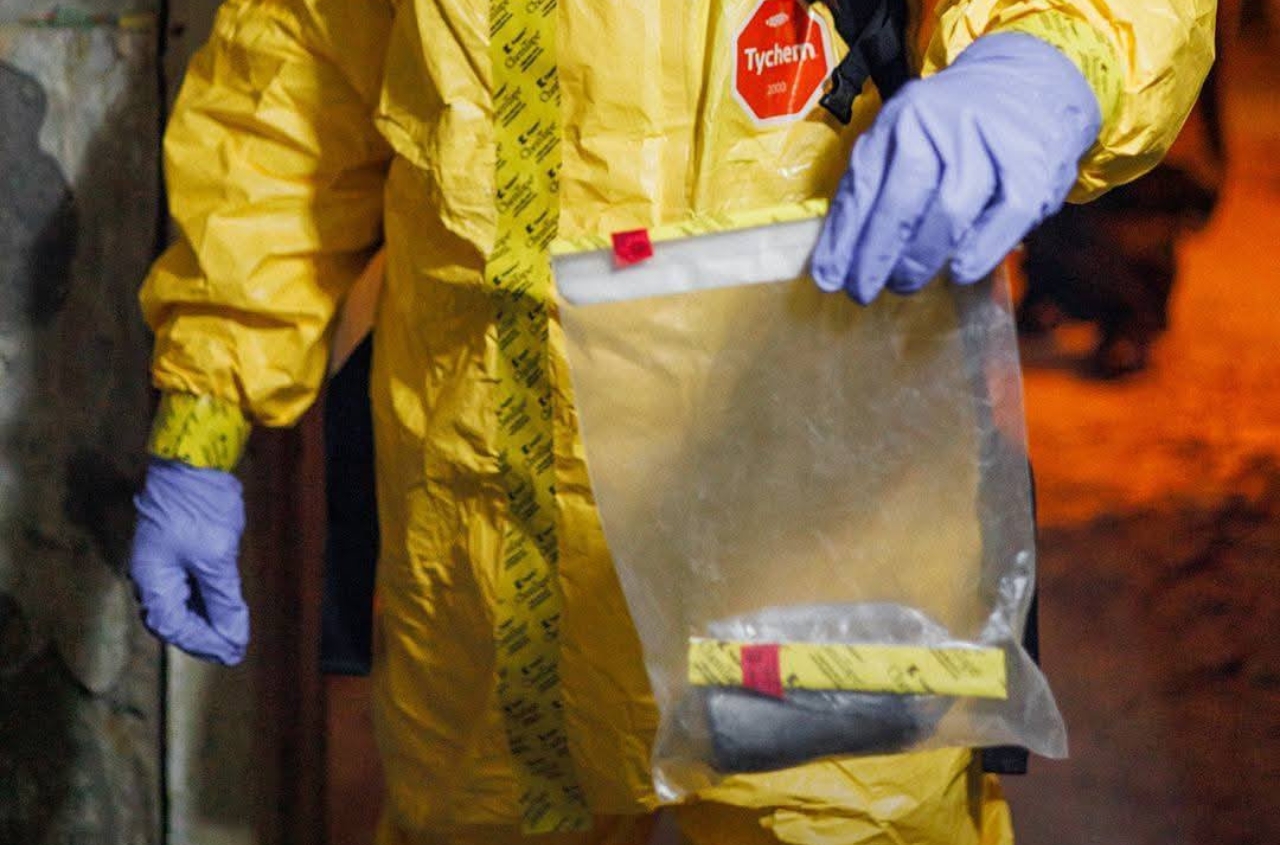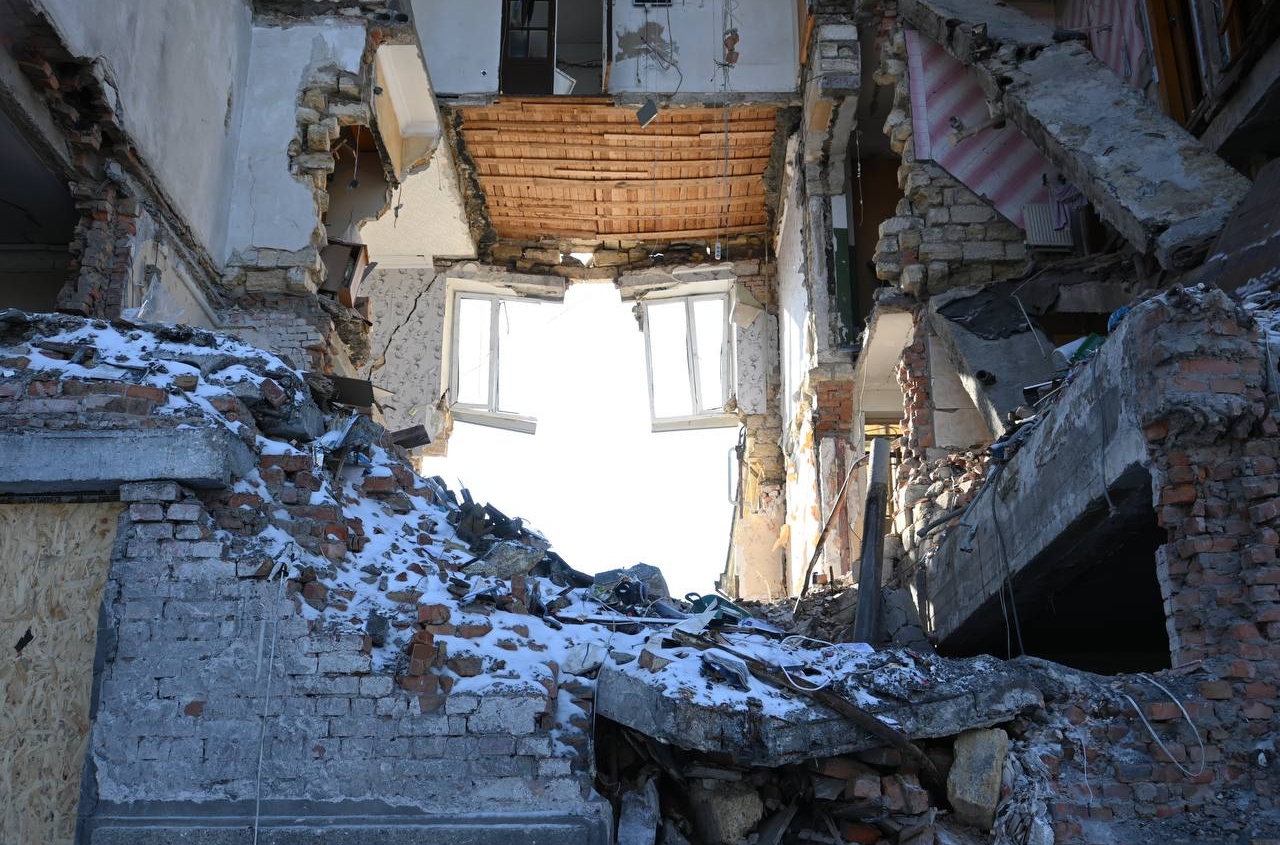Since the start of Russia’s full-scale invasion, Ukrainian civilians detained in occupied territories have been systematically subjected to torture and cruel treatment, including sexual violence, according to a report by the UN Office of the High Commissioner for Human Rights (OHCHR).
The report notes that most of the 215 released civilian detainees interviewed by OHCHR since June 2023 described severe beatings in captivity, electric shocks, simulated executions, prolonged stress positions, death threats, threats of violence against themselves or their relatives, and cases of sexual abuse. Interviewees also reported poor detention conditions, including lack of food and inadequate medical care.
The report states that Russia applies its criminal legislation in the occupied territories, ignoring obligations under international humanitarian law to respect existing local laws, except where absolutely impossible.
According to Ukrainian authorities, as of May 2025, about 1,800 Ukrainian civilians remained imprisoned by Russia in the occupied territories, though the actual number is likely much higher. Families of detainees often have little or no information about their loved ones.
“People have been arbitrarily picked off the streets in occupied territory, charged under shifting legal bases and held for days, weeks, months and even years, often with limited contact with their families,” said UN High Commissioner for Human Rights Volker Türk.
The increased number of conflict-related detainees - some 2,258 held by Ukraine in official pre-trial and penal facilities as of 21 July 2025, as well as 20,000 open cases – has strained Ukraine’s criminal justice system. The authorities have taken steps to strengthen procedural safeguards and improve detention conditions. However, the UN Human Rights Office continues to document cases of torture and ill-treatment of detainees, and accountability remains limited.
Volker Türk emphasized that ensuring the rights of detained civilians, who have suffered greatly from the war, must be “among the key priorities in any peace negotiations.”





















